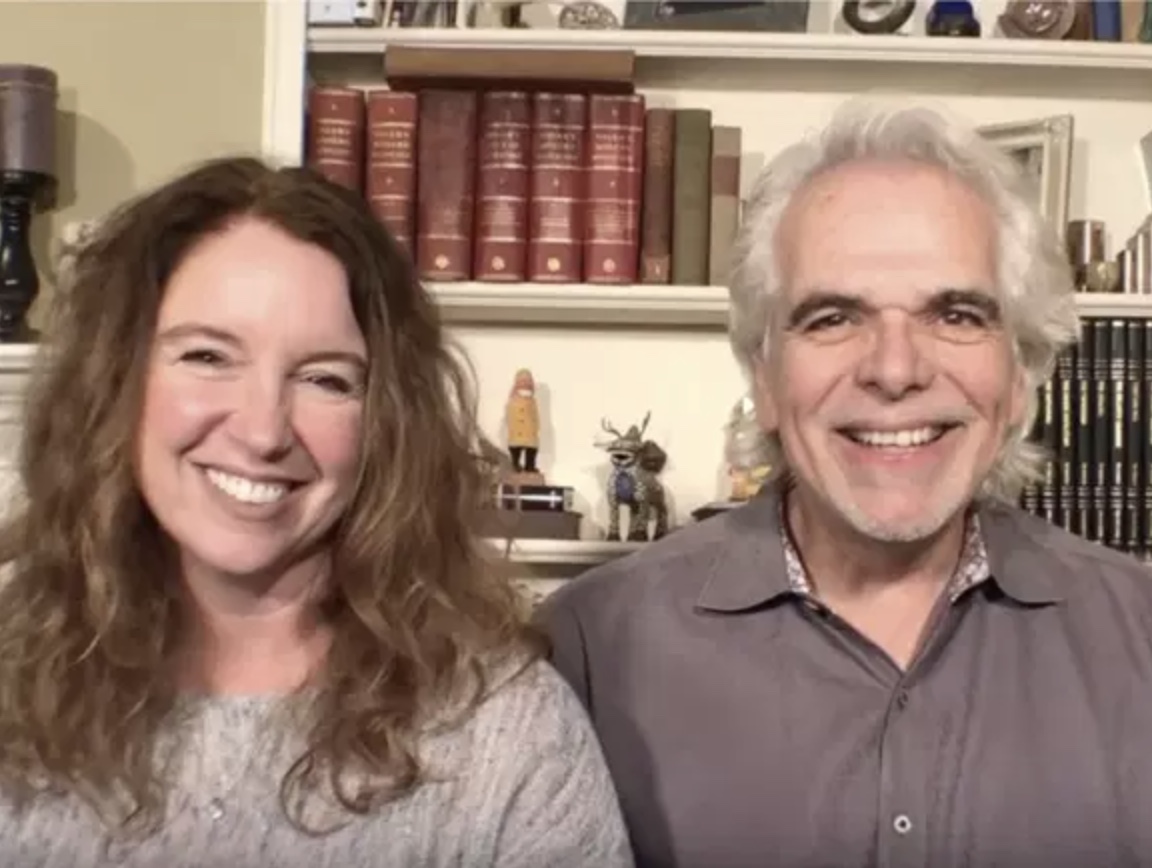Perhaps you may recall a time from your childhood when a family physician would make a house call to your home. If not you, an older relative may remember those times. In the 1930s, doctors were reported to see and treat patients in their home about 40% of the time. The iconic doctor bags, carried by these pioneers included space for diagnostic and common treatment regimens, for the convenience of the ill in the community.
Why did house calls go away?
The advancement of care in the hospital setting and a growing number of physician specialties with ever-evolving technology are just a few reasons why house calls fell out of favor. Yet, the allure of receiving medical care in an environment chosen by the patient is gaining interest and appeal for both young and old. There are several reasons why house calls make sense, even in this modern era.
Convenience
We have grown accustomed to home goods being delivered to our front door via Amazon, and with the touch of a button, Uber Eats can bring many of our favorite restaurants to us. The desire and ease of ordering up these services have actually made the idea of house calls seem feasible again. Out of convenience, a mother with three toddlers could order a house call when one child is sick rather than bundling up her entire gang to head to the pediatrician. Or, someone with a back spasm or flu-like symptoms could stay in bed at home while waiting for their house call to avoid sitting painfully in a waiting room or exposing others to a contagious illness. The elderly, who make up near 20% of the American population, are more likely to have limited mobility and house calls can provide medical care that makes sense, especially for those with chronic diseases that require close follow-up. Finally, professionals who find it difficult to miss hours of work to see a primary care doctor are finding house or office calls for minor medical issues that allow them to receive care while maintaining their productivity at work.
Privacy
House calls are the ultimate privacy screen. Despite the best efforts to protect health information, an individual can run into friends, colleagues, or neighbors in any given waiting room. When privacy is regarded as important, a house call provides desired anonymity as well as a no-nonsense way to see a provider in the comfort of one’s own environment.
Quality
An average primary care physician office visit lasts 15 minutes or less. Satisfaction surveys indicate both providers and patients feeling rushed, and lack of quality time is noted commonly. A house call may last up to an hour, depending on examination or treatment needs. This allows a greater level of comfort and more time to have in-depth conversations that address health and wellness concerns.
Insurance does not typically cover house calls, although there is growing recognition for the need for coverage, especially in the elderly with physical limitations and chronic conditions. Concierge medicine practices or physicians who make house calls generally charge their patients by the visit, or they offer a limited number of home/office visits with their membership programs.
How do you know a house call is right for you?
When it’s easy and convenient to get the doctor, you shouldn’t need the doctor to come to you. However, when you’re not feeling well and the last thing you want to do is leave your house, you may want to tuck yourself under a blanket and rest and let the doctor come to you. Our licensed and experienced ZüpMed team is trained and equipped to handle a wide variety of problems and complaints away from the clinic. We will come to your preferred home, office, or hotel room. Pricing for a house call is transparent, but house calls are only available in certain geographic areas defined by available providers.
Learn How to Order a House Call.
 Schedule Now
Schedule Now
